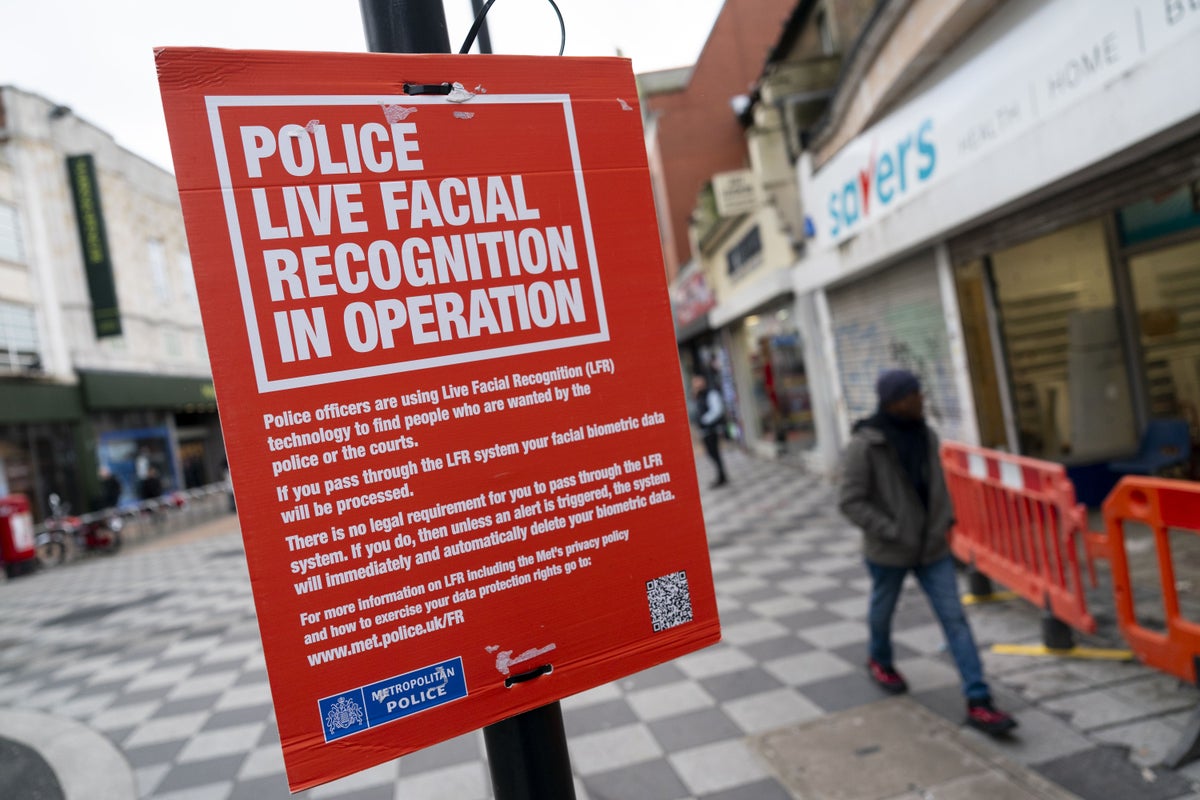Facial Recognition Tech: Keeping Aussies Safe or a Step Towards Surveillance?

The use of facial recognition technology (FRT) in Australia has sparked heated debate, with concerns raised about potential privacy infringements and the possibility of a 'total surveillance society'. However, a recent statement from a government minister suggests a different perspective – one focused on empowering law enforcement to protect citizens. But is this a reasonable balance, and what are the potential pitfalls?
Dame Diana Johnson, a prominent figure, has argued that FRT isn't about creating a dystopian future of constant monitoring. Instead, she frames it as providing police officers with essential tools to enhance public safety. This perspective highlights the technology’s potential to aid in identifying suspects, locating missing persons, and preventing crime. Imagine, for example, quickly identifying a wanted criminal in a crowded public space – FRT could significantly speed up this process and potentially prevent harm.
However, the conversation doesn't stop there. Critics rightly point to the risks associated with widespread FRT implementation. Accuracy concerns are paramount; misidentification can lead to wrongful accusations and potentially devastating consequences for innocent individuals. The potential for bias within algorithms, reflecting existing societal inequalities, is another significant worry. If the technology is trained on datasets that predominantly feature certain demographics, it could disproportionately target and misidentify individuals from other groups.
Beyond accuracy and bias, the sheer scale of data collection and storage raises serious privacy concerns. Where will this data be stored? Who will have access to it? How long will it be retained? Without robust safeguards and clear regulations, the potential for misuse – whether by government agencies or malicious actors – is very real. The lack of transparency around how FRT is being used and the absence of effective oversight mechanisms further exacerbate these concerns.
It's also crucial to consider the chilling effect that constant surveillance can have on freedom of expression and assembly. Knowing that your movements and actions are being tracked can discourage individuals from participating in protests or expressing dissenting opinions, ultimately undermining democratic values. A healthy society thrives on open dialogue and the ability to challenge authority without fear of reprisal.
The debate surrounding FRT in Australia isn't a simple black-and-white issue. While the technology offers undeniable benefits in terms of crime prevention and public safety, it also poses significant risks to privacy, civil liberties, and social equity. Striking the right balance requires careful consideration, robust regulation, and ongoing public dialogue. We need clear guidelines on data collection, storage, and usage, as well as independent oversight to ensure accountability. Perhaps the key lies in focusing FRT on specific, targeted applications – such as identifying high-risk offenders – rather than implementing blanket surveillance systems.
Ultimately, the question isn't whether facial recognition technology *can* be used, but *how* it *should* be used. A responsible approach demands transparency, accountability, and a unwavering commitment to protecting the fundamental rights and freedoms of all Australians. The conversation needs to continue, ensuring that technological advancements serve to enhance, not erode, the values that underpin our society.




